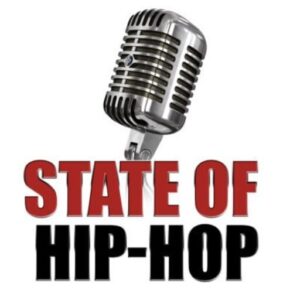
After four and a half years of deliberation, Minneapolis has unveiled its vision for transforming the intersection of 38th Street and Chicago Avenue—known globally as George Floyd Square. The city’s recently released “vision report” outlines plans for reconstruction, aiming to revitalize the area while honoring its significance in the social justice movement.
The proposed redesign includes rebuilt streets, new green spaces, wider sidewalks, improved pedestrian ramps, street lighting, and narrower travel lanes accommodating bus rapid transit. Anthony Taylor, community development lead at the Cultural Wellness Center, described the plan as a “flexible design” intended to preserve existing monuments, create spaces for civic dialogue, and maintain essential transit services.
George Floyd Square remains a focal point of activism and a symbol of global calls for racial justice. However, it has also faced challenges as a “no-go” zone for many locals due to limited police presence, contributing to economic strain on area businesses. Having endured 4.5 years of reduced foot traffic and lost profits, some shop owners are urging the city to expedite the reconstruction.
In early November, five local business owners on Chicago Avenue filed a lawsuit against the City of Minneapolis. The lawsuit claims that businesses in the area suffered financial losses, a decline in property values, damage to their reputation, and reduced rental income for both commercial and residential properties due to the city’s response to the unrest following George Floyd’s death.
The debate over Chicago Avenue’s future, particularly whether to reopen it to through traffic at the site of Floyd’s death, remains contentious. Business owners prioritize accessibility and economic recovery, while others stress the need for the site to remain a sacred space for reflection and community gatherings.
City officials have emphasized the importance of engaging stakeholders, hosting two years of workshops and a nine-month community engagement process. Yet, tensions persist between those advocating for a swift transformation and those wanting to preserve the area’s historical and cultural integrity. The city’s challenge lies in balancing these competing priorities—meeting immediate needs for revitalization while respecting the profound significance of George Floyd Square.
The post New “George Floyd Square” Plans Trigger Unrest Among Local Minneapolis Citizens appeared first on .


